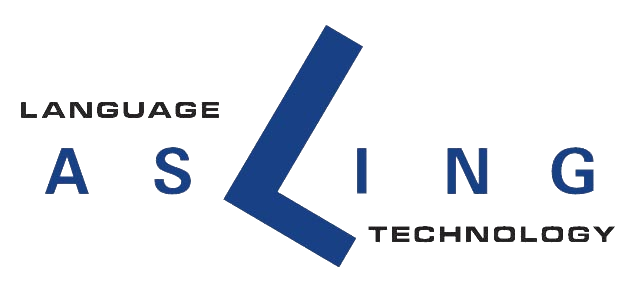
We’re excited to announce the first session of TCeXcellerate, a free and open to all event, taking place online on Tuesday, 9 December 2025, from 16:00 to 18:00 (CET)! This interactive session will explore how AI is transforming multilingual communication — followed by an open discussion with participants.
The topic will be “Multilingual AI technologies at WIPO – Practical examples”
More specifically this presentation will highlight the diverse machine learning and AI initiatives developed and implemented over the years by the ATAC team, or are currently being prototyped. Particular focus will be given to the areas of Machine Translation, Text Classification, Speech to Text (S2T), and the use of generative AI and Large Language models. Other machine learning activities such as computer vision or transliteration will also be briefly discussed.
Since 2008, we have researched, developed, integrated and improved machine learning tools such as WIPO Translate (2009) including the early adoption of Neural Machine Translation (2016), full automated transcripts for all public WIPO meetings using WIPO S2T (2020), later integrated into the WIPO Webcast portal (2022), near real time audio transcription using WIPO Live S2T (2025) and the internal generative AI system WINGS (2023). The tools developed by ATAC can be locally installed on the systems of national intellectual property offices and UN agencies free of charge, and in other international organizations.
 The presenter for this first iteration is going to be Daniel Torregrosa. Daniel Torregrosa is an AI researcher with a strong background in natural language processing and neural machine translation. Currently, he is serving as an AI researcher at the Advanced Technology Applications Center, WIPO in Geneva, Switzerland. Among other tasks, Daniel is responsible for the deployment and maintenance of the WIPO Translate platform, the organization’s machine translation platform used internally, externally, and by clients worldwide. Daniel also experiments with other AI-powered technologies both for machine translation, classification, and text generation.
The presenter for this first iteration is going to be Daniel Torregrosa. Daniel Torregrosa is an AI researcher with a strong background in natural language processing and neural machine translation. Currently, he is serving as an AI researcher at the Advanced Technology Applications Center, WIPO in Geneva, Switzerland. Among other tasks, Daniel is responsible for the deployment and maintenance of the WIPO Translate platform, the organization’s machine translation platform used internally, externally, and by clients worldwide. Daniel also experiments with other AI-powered technologies both for machine translation, classification, and text generation.
Daniel holds a PhD in Computing from Universitat d’Alacant (https://www.ua.es), where he researched a novel computer assisted translation approach. His expertise lies in developing and maintaining workflows for the creation of machine translation models, and the needed interfaces and infrastructure for making the models useful to the business.
Let’s kick off this new series together and explore how innovation is shaping the future of language, translation, and communication!
